For more than fifty years, FUNDAEC has shown that education can be far more than the transmission of knowledge. By uniting the scientific and spiritual dimensions of human potential, we have witnessed communities ignite processes of transformation—advancing not only material well-being, but also strengthening the moral and social fabric that sustains lasting change.
In its early years of work in Northern Cauca, Colombia, FUNDAEC introduced the pioneering concept of a “rural university.” More than a physical campus, this was envisioned as a dynamic social space where community members could systematically explore the path of their own development. Its purpose was to spark and sustain processes that empowered local populations to guide their future—where modern science and traditional wisdom could meet as equals, enriching one another in harmony.
As the first teachers and students engaged in this experiment, a distinctive action-research approach began to take shape, centered on the continuous study of community life. Within this framework, three areas of activity emerged as priorities:
-Expanding human capacity through education, enabling both individuals and communities to grow in knowledge and confidence.
-Designing and adapting models of production and technology, carefully tailored to the real conditions and needs of the region.
-Strengthening community structures and organizations, ensuring that local populations could actively make decisions and carry out development projects with autonomy.
The research carried out during this period explored key dimensions of community life, including small-plot farming, technological support for agriculture, marketing and the circulation of goods and money, human resource development, child education and socialization, and the flow of information and decision-making. For each of these areas, FUNDAEC initiated corresponding “learning processes” in an expanding number of communities. These processes not only tested alternatives but also helped generate the social energies needed for rural populations to actively shape the direction of their own development.
The insights gathered in these formative years crystallized into a distinctive methodology, a pioneering pedagogical approach, and a body of educational materials—resources that would later serve as the foundation for FUNDAEC’s far-reaching programs and initiatives.
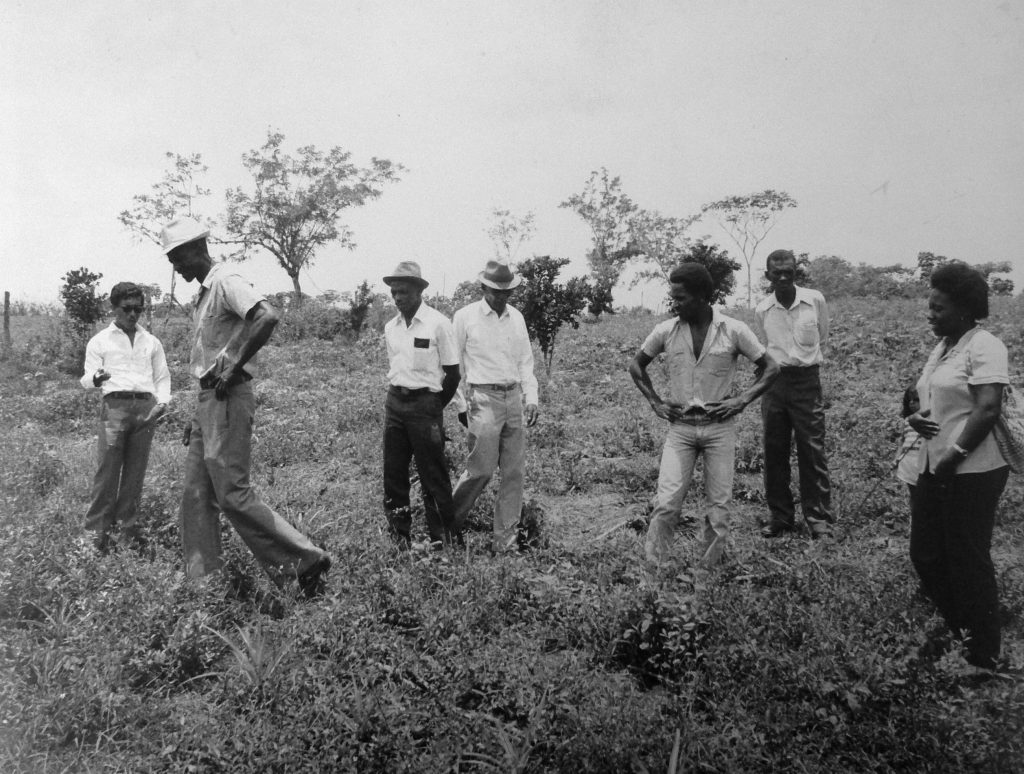
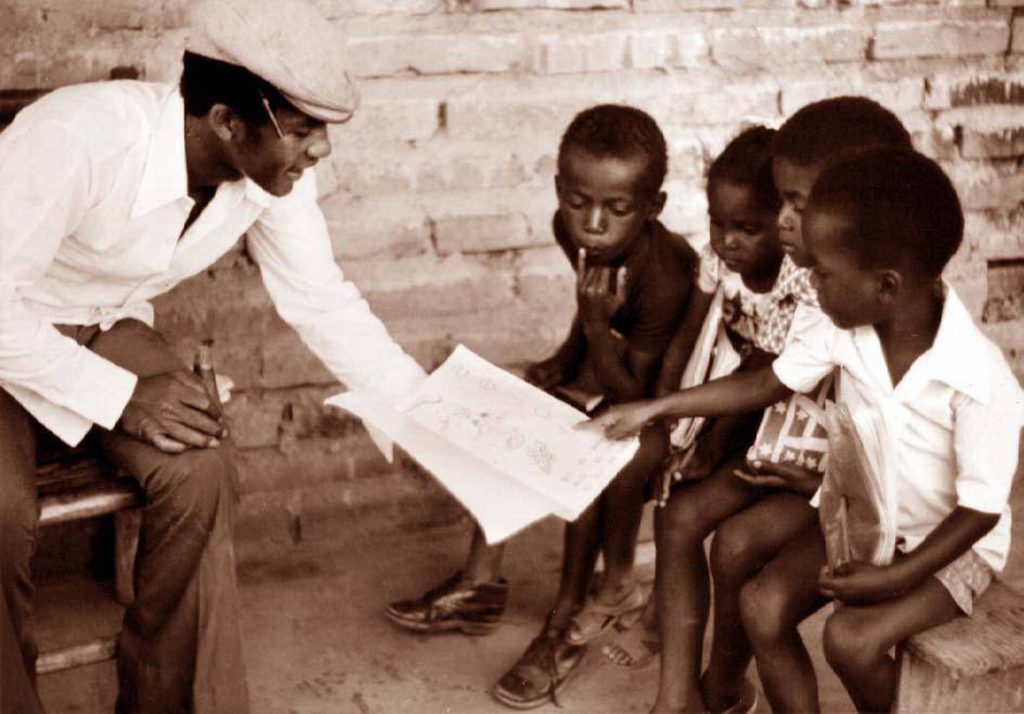
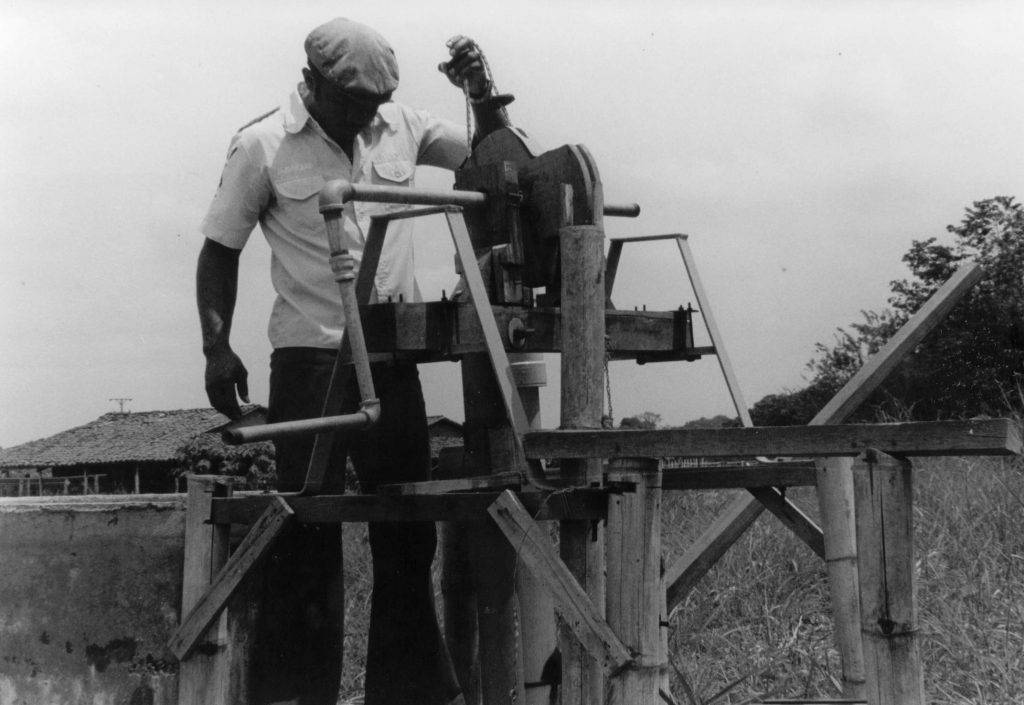
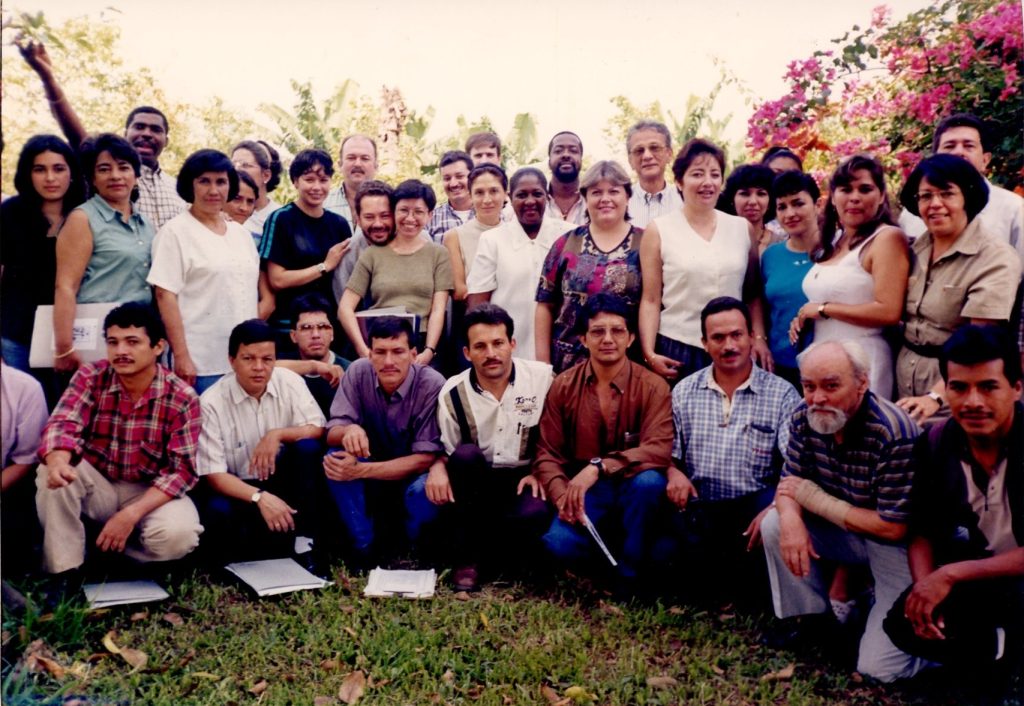
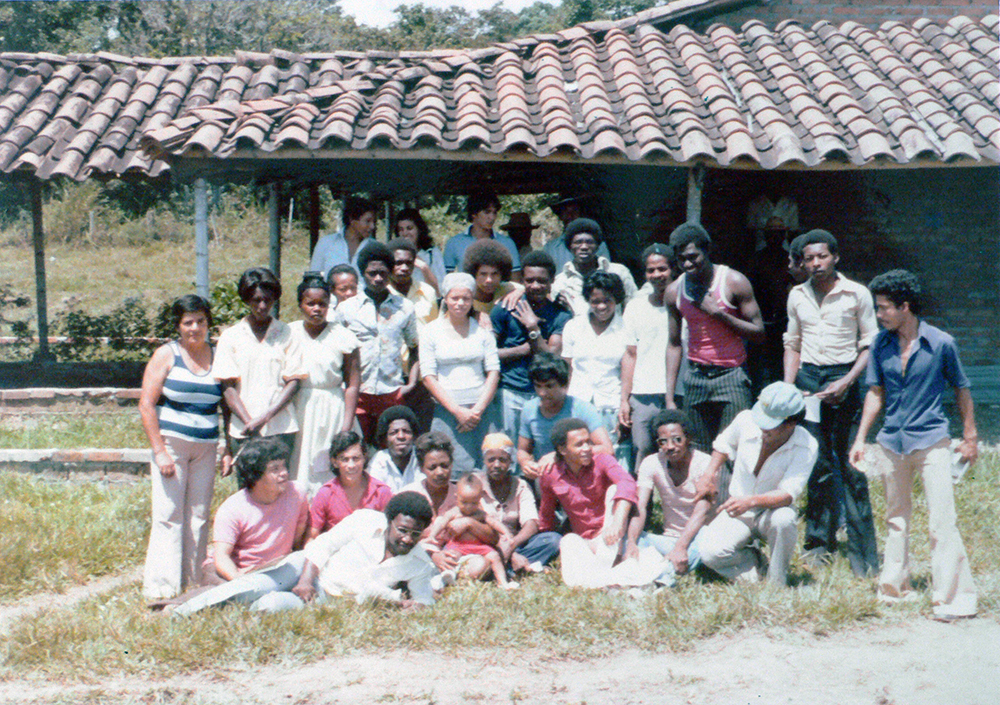
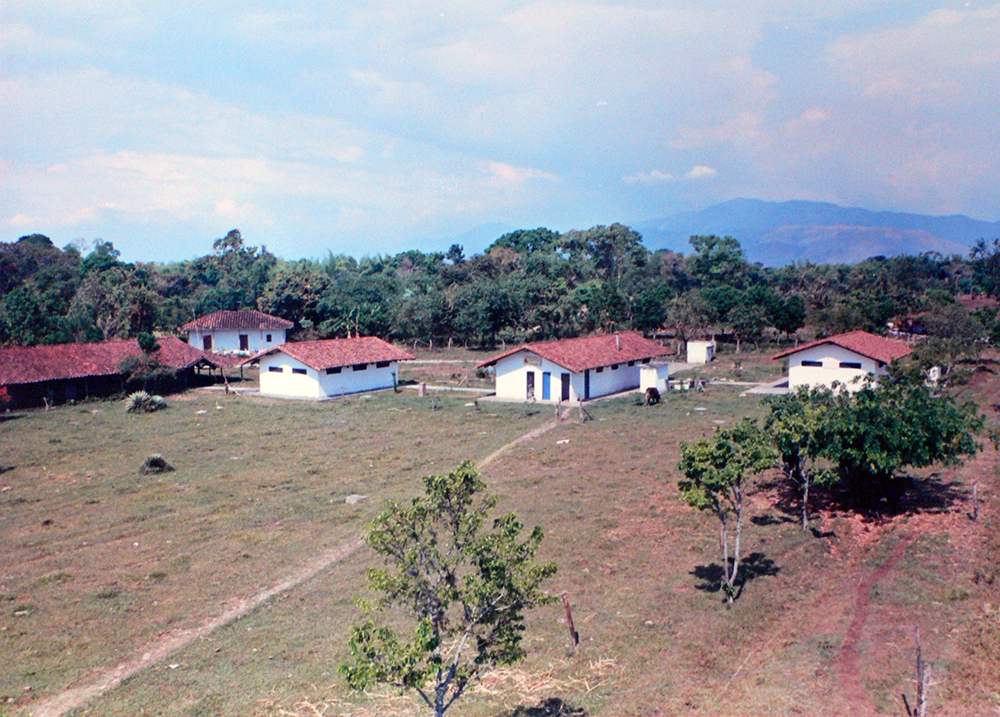
Building on the lessons of its early years and recognizing the urgent need to expand community capacity, FUNDAEC launched the Sistema de Aprendizaje Tutorial (SAT) in the early 1980s. More than a secondary education program, SAT offered a transformative approach that awakened in students a spirit of inquiry, encouraged them to investigate the real problems of their communities, and inspired them to apply science in the search for meaningful solutions.
SAT stands out because of its deep commitment to integration. It bridged theory and practice, traditional wisdom and modern knowledge, the abstract and the concrete, the spiritual and the material, the social and the technical. At its heart, study was not an isolated activity but was oriented toward service, work, and community development.
Unlike traditional classrooms, SAT fostered collaborative learning relationships. Students and tutors—often from the same community or region—confronted challenges side by side, engaging in a style of dialogue and problem-solving that opened the path to self-directed learning and collective growth.
Over time, SAT gained formal legal recognition and spread rapidly through development organizations and public institutions across Colombia. By 2003, it had reached more than 50,000 students in 2,300 communities, spanning 500 municipalities and 19 departments—touching roughly one-third of Colombia’s rural areas. Its innovative model also took root internationally, with Brazil, Honduras, Nicaragua, and Ecuador adopting the program with the official approval of their governments.
To sustain and expand this work, FUNDAEC established the Centro Universitario de Bienestar Rural (CUBR) in 1988. The CUBR not only trained and professionalized SAT tutors but also served a growing population of distance-learning teachers eager for advanced training. Over its years of operation, it granted undergraduate and postgraduate degrees in Education for Development to more than 1,000 undergraduates and over 270 graduate students—helping build a new generation of educators dedicated to social transformation.
In response to growing international interest in the SAT program, FUNDAEC developed a revised version of SAT’s first level—Preparation for Social Action (PSA)—to make its proven content, structure, and methodology accessible to communities around the world.
While the SAT program has reached more than 300,000 young people in Colombia and across Latin America, the PSA program, launched in 2006, has extended its impact globally. Today, PSA is active in 17 countries across Africa, Asia, Latin America, and the Pacific, engaging over 10,000 participants who are learning to combine scientific knowledge, traditional wisdom, and community service in practical ways that advance well-being.
Countries currently offering PSA include: Colombia, Ecuador, Panama, Bolivia, Costa Rica, Zambia, Uganda, Cameroon, the Democratic Republic of Congo, Kenya, the Central African Republic, Papua New Guinea, Vanuatu, the Philippines, Cambodia, Malaysia, and India. In addition, 15 other countries have begun taking early steps to build capacity for implementing the program in response to local requests.
During this same period, FUNDAEC also created the Supporting Community Leaders Program, responding to the need for post-secondary formation. This initiative equips young people studying a trade or profession with the tools to:
The program also helps participants strengthen their ability to inspire and motivate others in service, nurturing a culture of peace and weaving a stronger, more resilient social fabric.
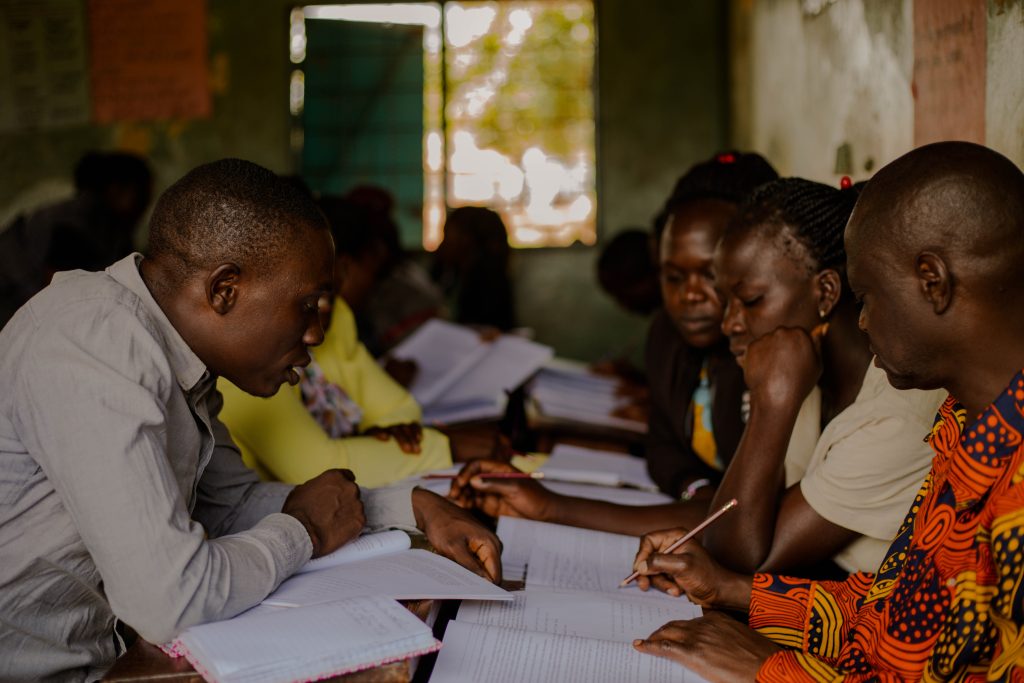
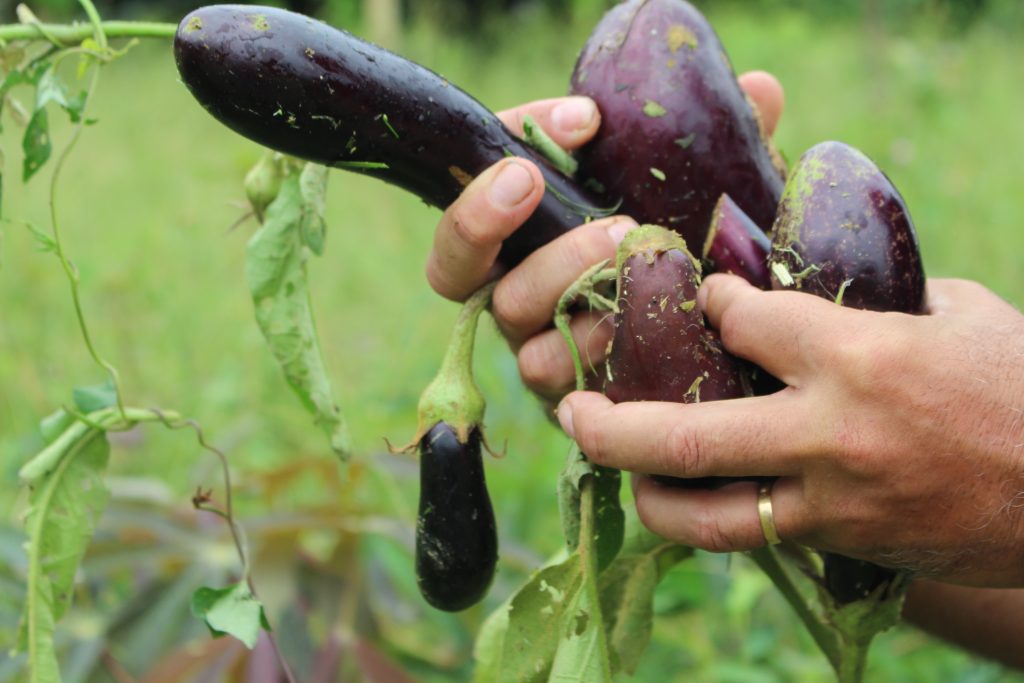
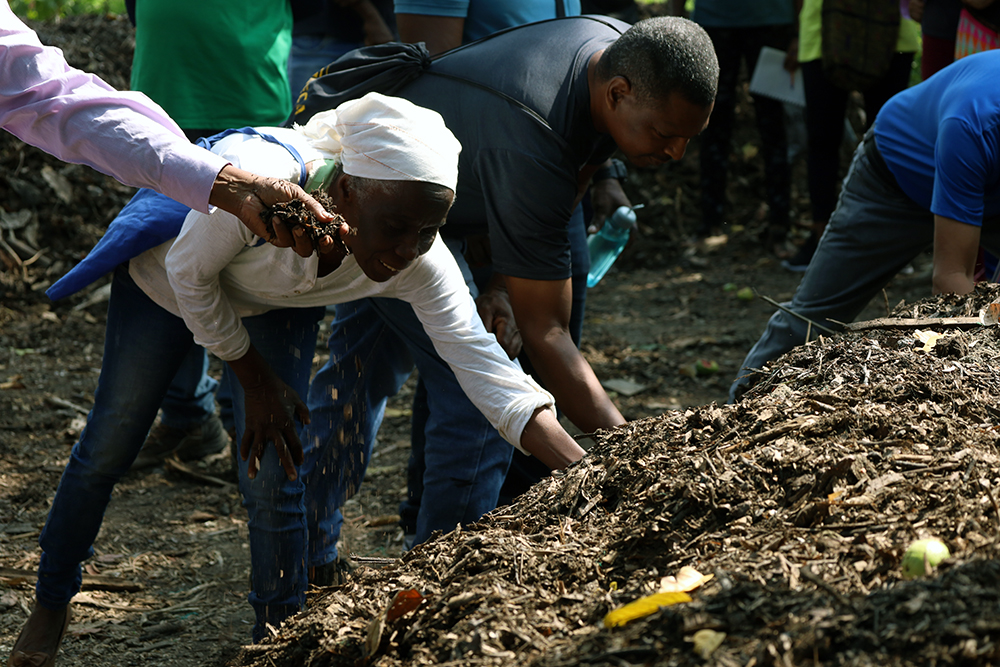
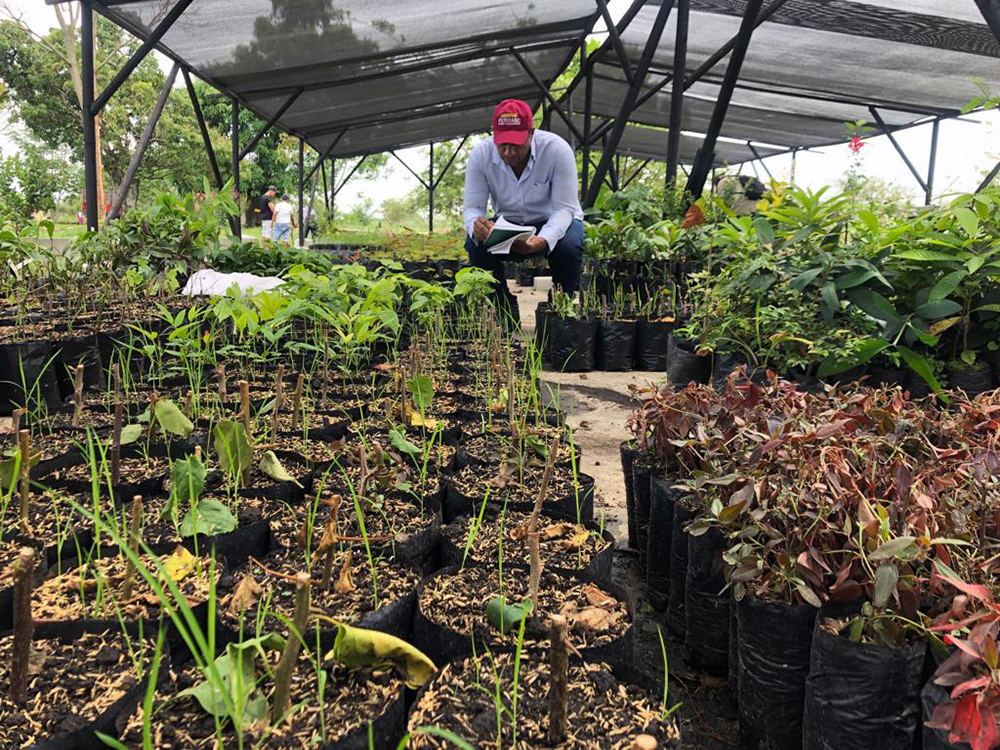
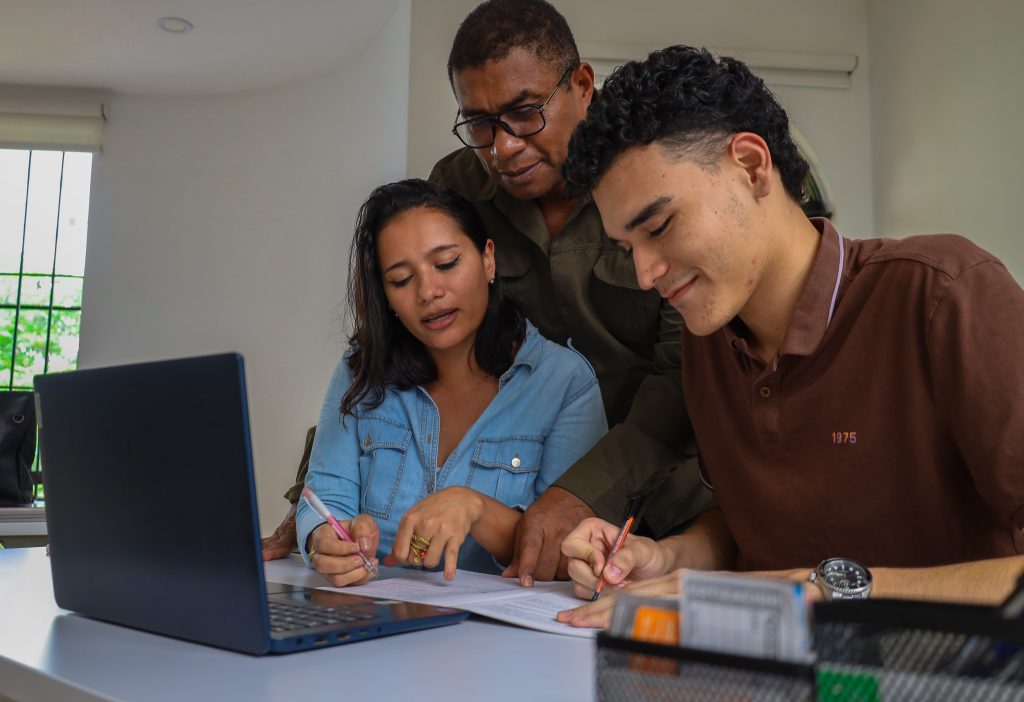
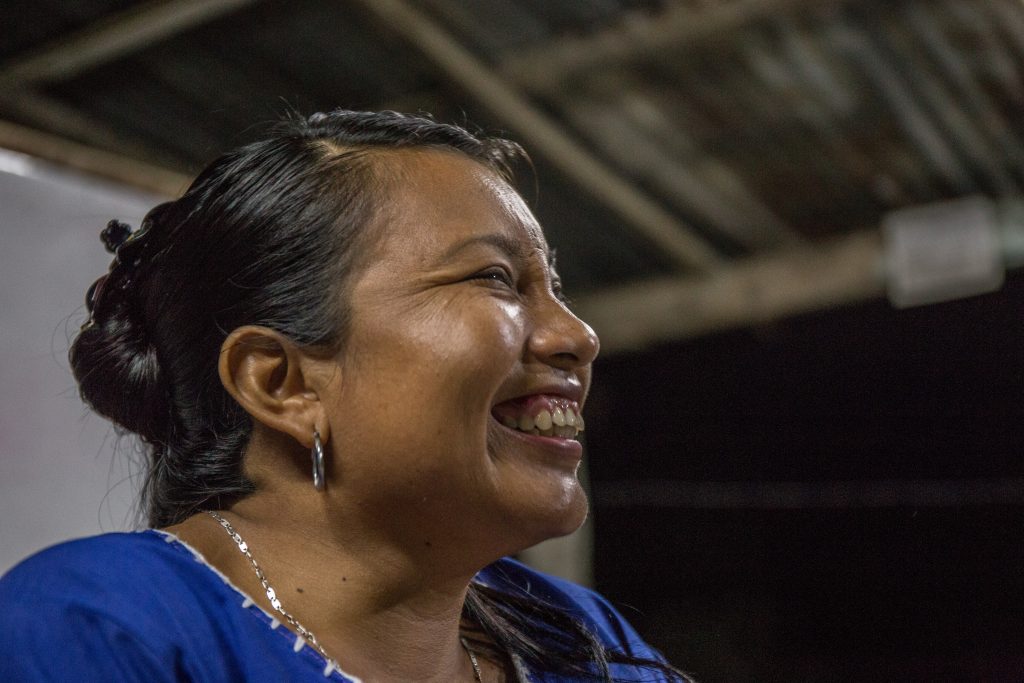
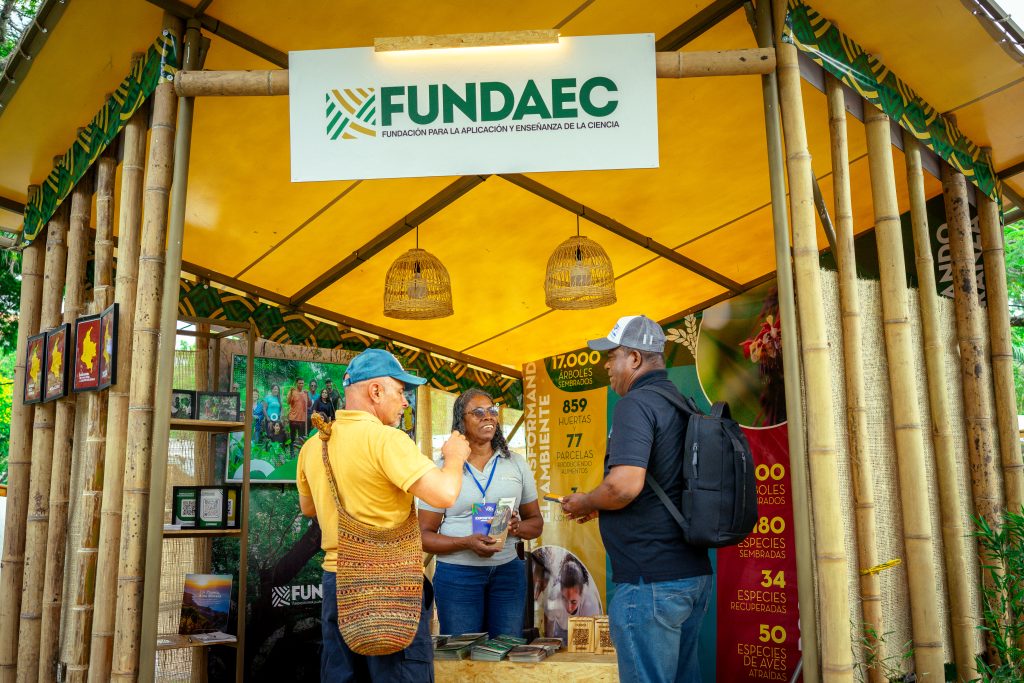
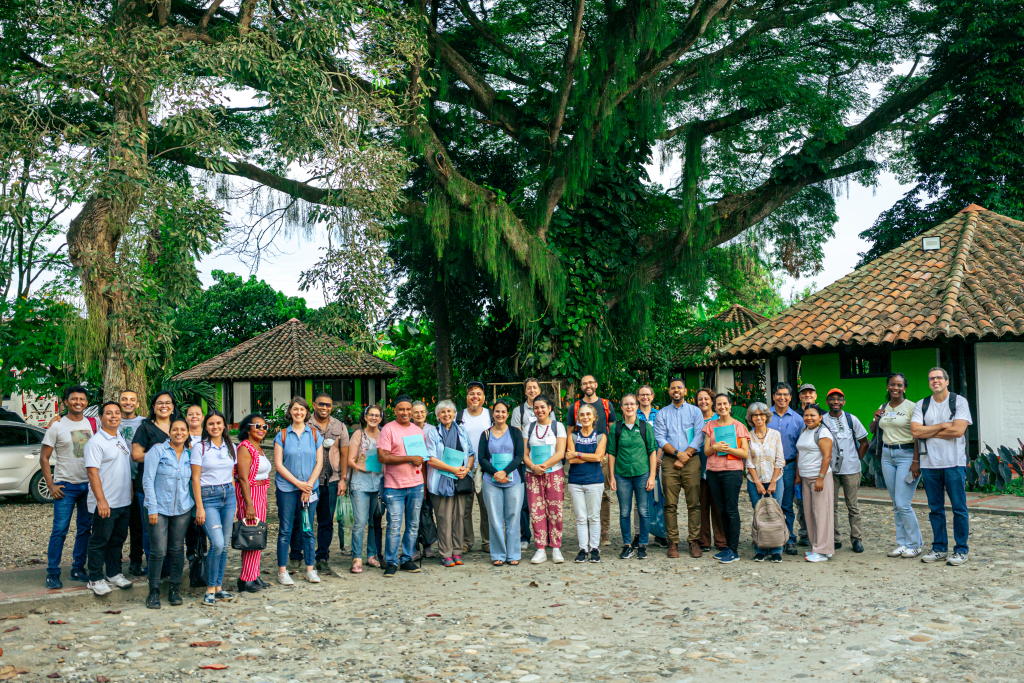
FUNDAEC’s decades of collaboration with dozens of organizations—first in establishing SAT across Colombia and later in sharing its curriculum with the world—have shown its unique ability to bring people together around the global cause of education for development.
Today, as humanity faces urgent challenges, the need for a new paradigm has never been greater. The time has come to accelerate the transition toward societies guided by cooperation, reciprocity, and solidarity in economic, environmental, and social life.
In response, FUNDAEC is poised to deepen and expand its impact through three bold, interrelated multi-year initiatives—initiatives that not only address pressing needs but also lay the foundation for a more sustainable and equitable future.
At FUNDAEC, we believe the world urgently needs new ways of thinking about food, the environment, and the economy—approaches that regenerate rather than exhaust. That’s why we actively contribute to national and global conversations on these issues, bringing to the table not just ideas, but five decades of lived experience.
We share our methodologies, research, and publications; offer courses and curriculum development services; and open our best practices to collaborators worldwide. More than transmitting knowledge, we seek to demonstrate how the spiritual, material, and social dimensions of development can be woven together—reshaping how professionals across disciplines imagine and build the future.
We are deepening and expanding our collaboration with grassroots organizations—many led by youth, women, and farmers—who are pioneering bold solutions for food security and environmental sustainability. By joining forces, we multiply the reach and impact of approaches that place communities, their voices, and their leadership at the very heart of development.
Your support ensures these community-driven solutions grow stronger, scale farther, and create lasting change for families and ecosystems across the regions we serve.
Building on our long-term commitment to regenerative agriculture, we are creating a participatory agricultural learning center in northern Cauca—a living classroom where local residents and community-based organizations come together to design, test, and refine innovations that ensure healthy, sustainable food production.
This center will not only showcase regenerative practices but also empower farmers, families, and youth to adopt them, multiplying their impact across the region. Surrounding the site, we are expanding the native forests already underway and drawing strength from partnerships with a botanical garden, a reforestation initiative, and a network of local tree nurseries.
The insights and innovations generated here will ripple outward—nourishing communities, shaping global conversations on sustainability, and reinforcing the bonds of collaboration that make lasting change possible.
FUNDAEC was founded to harness the power of science in service of community well-being. We advance research and create innovative methods of learning that span both formal and non-formal education, reaching rural and urban contexts alike. At the heart of our mission is a commitment to nurture the innate capacities of every individual—supporting personal growth while empowering people to make unique contributions to the progress of their communities and society as a whole.
We envision a world where education is a lifelong, community-driven process that inspires transformation in daily life and fosters integral development. By working side by side with local communities, FUNDAEC seeks to cultivate environments of continuous learning that uplift both individuals and societies, laying the foundation for a just, sustainable, and thriving future.